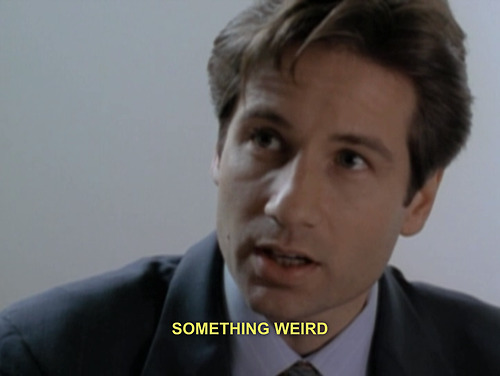I spend a lot of time musing about life, music, women's rights, transportation, sustainable culture, politics, design, fashion, movies, television, & general stuff that goes on in Atlanta, GA and SF, CA.
Don't wanna be here? Send us removal request.
Photo
Weird

San Francisco—on top of everything else, it is literally a ship burial ground.
This Map Shows Where All the Ships Are Buried Underneath San Francisco
77 notes
·
View notes
Photo

Electron microscope video of a needle on a vinyl record.
263K notes
·
View notes
Photo
Yasss
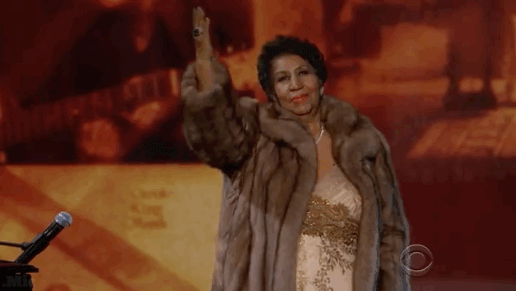
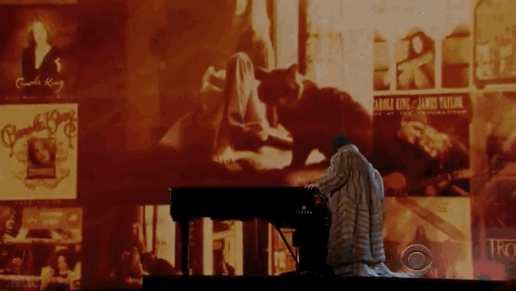


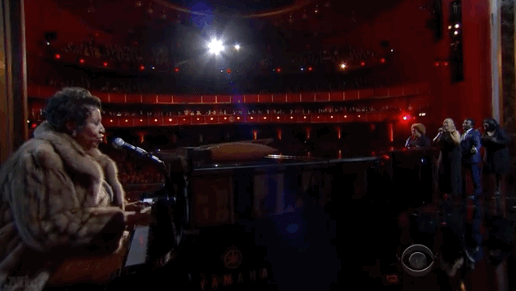

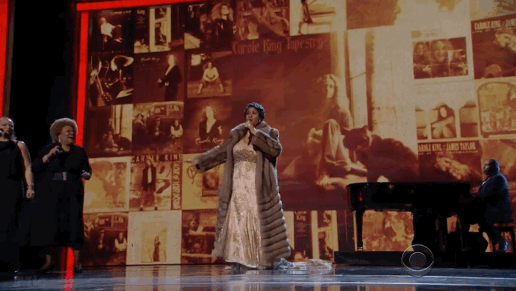


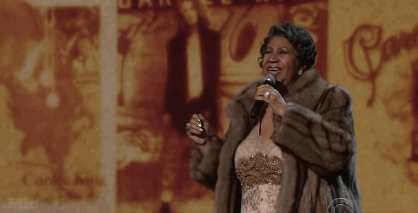
Watch: Stop what you’re doing and listen to Aretha Franklin’s tribute to Carole King
19K notes
·
View notes
Photo



So You Think You Know the Banjo?
If you’ve ever considered banjo music to be an American creation, you don’t know the banjo. In fact, if you think of the banjo as an inherently Southern instrument, you don’t know the banjo.
If you think that the banjo can teach us nothing about American history, Southern culture and modern race relations, then you certainly don’t know the banjo.
And you’ve probably never heard the Carolina Chocolate Drops.
For those of you like me who are not formally trained musicologists, here’s a super-quick summation of the first 400 years of banjo history:
1) The handmade gourd instruments that would become the modern banjo originated in West Africa. 2) Enslaved Africans carried the “banjar” and its music to North America by way of the Caribbean. 3) Traditional string music (and the banjo itself) was appropriated from slave culture and was spread into the greater American popular culture through minstrel shows and blackface performances. And 4) the banjo was popularized throughout the United States and Europe by white performers, with various regional playing styles emerging and evolving simultaneously – from the rhythmic role the banjo played in traditional New Orleans jazz to the fingerpicking sound of bluegrass that bloomed in the Appalachian mountains, among many others.
In short, we owe the banjo’s modern presence in America to Africans who were brought here against their will. Thus has the banjo become like okra, an undeserved gift to all parts of Southern culture, but one that came only from the people our ancestors enslaved.
If any of this is news to you, welcome to the club. [Read More]
73 notes
·
View notes
Photo
Yassss

Club Thrive: Say What You Feel
It’s your right, no matter what.
“Over the years—at work, with friends, and with love—I’ve grown accustomed to saying or acting like I’m OK when I’m far from it. I can’t pinpoint the first time it happened, but like many women and girls, especially women and girls of color, I have been conditioned by dominant culture to dilute or de-prioritize my emotional needs in order to protect, forgive, or support people with more power and privilege than myself—in my case, men and white people.”
By Jamia Wilson.
122 notes
·
View notes
Photo
Loved this exhibit


In The Forty Part Motet, every single speaker plays a recording of a single singer, which artist Janet Cardiff says is a virtual representation of that person. “It’s like they’re stopped in time."
Now on view! Our final SFMOMA On the Go exhibition and a once-in-a-lifetime experience. Find out more here →
#40PartMotet
54 notes
·
View notes
Photo
Omg

I’m so sad and disappointed in all of these actors, but work is work right
Also Courtney B. Vance strikes me more as a Chris Darden, but I guess I’ll* wait and see.
60 notes
·
View notes






